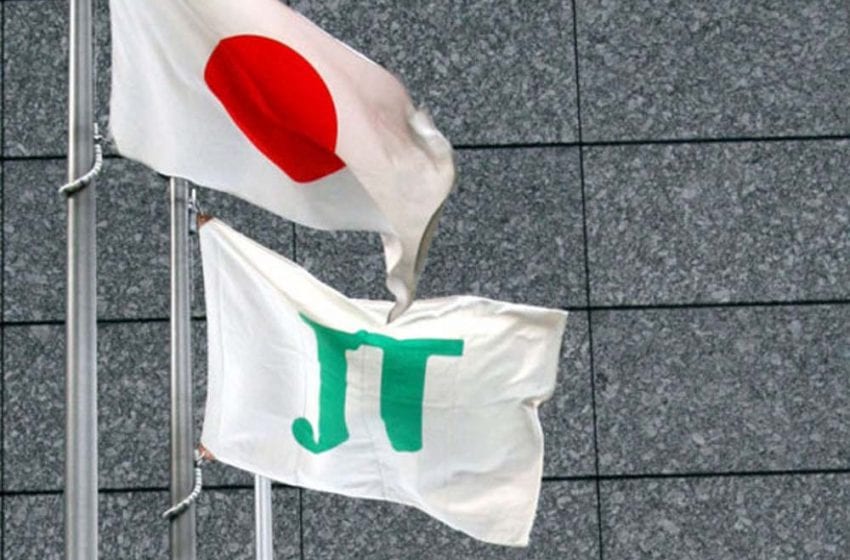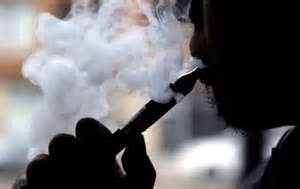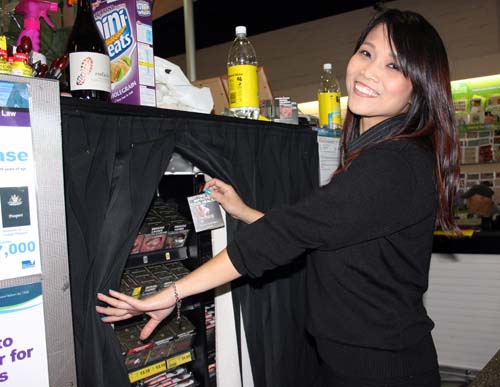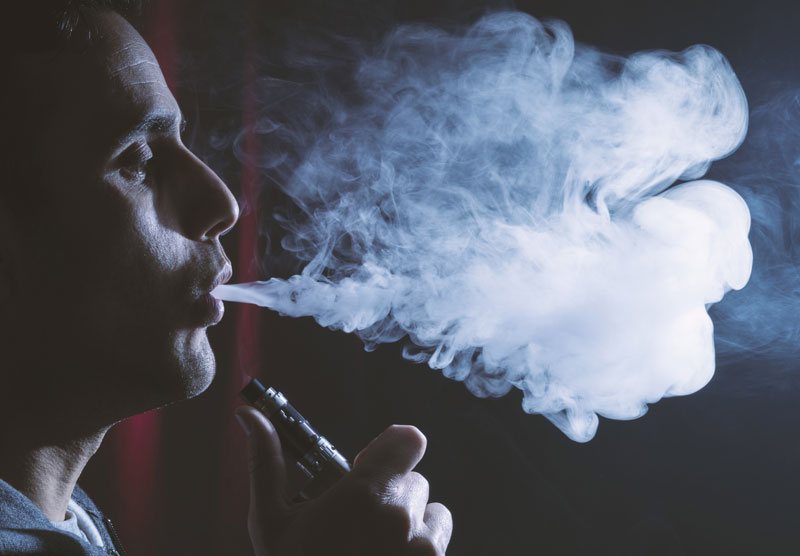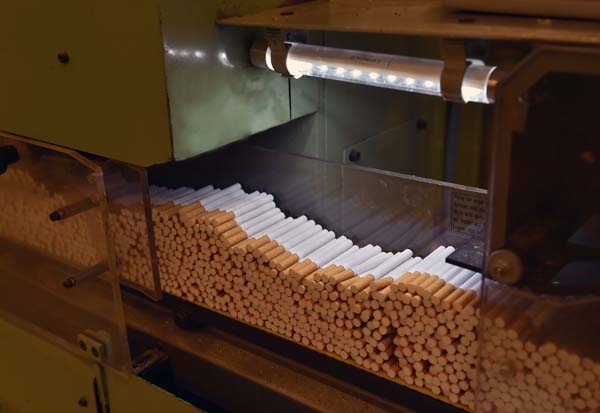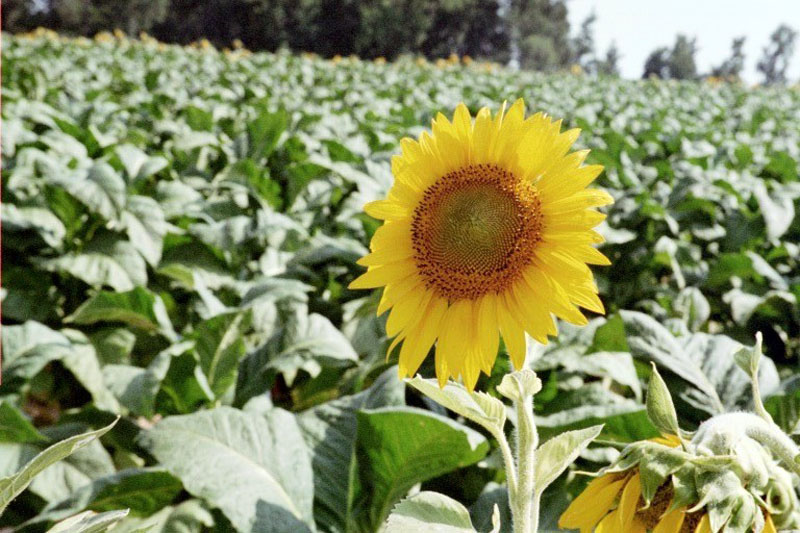Philip Morris International (PMI), British American Tobacco (BAT), Japan Tobacco (JT) and Imperial Brands have been recognized for their efforts to reduce their environmental footprints.
All companies made the 2019 A-list of CDP, a global environmental impact nonprofit organization.
“For many years, PMI has been taking actions to reduce greenhouse gas emissions in our operations and across our value chain, where 85 percent of the emissions occur,” said Huub Savelkouls, PMI’s chief sustainability officer. “Being placed on CDP’s A-List for climate change validates the progress we are making in our commitment to sustainability and environmental transparency.”
“We are delighted that our efforts have resulted [in] inclusion in the CDP A-list and see it as great recognition of our work to secure a better tomorrow for all our stakeholders,” said Simon Cleverly, group head of corporate affairs at BAT.
“This clearly reflects our continued efforts to reduce our environmental footprint and our transparency in disclosing information,” said Kazuhito Yamashita, senior vice president and chief sustainability officer of compliance and general affairs for JT.
“We’ve made good progress in reducing our environmental impact over the last decade, and in 2019 developed new long-term environmental targets for the next 10-30 years, setting science-based carbon targets for both our direct operations and our supply chain,” said Surinder Sond, group head of sustainability at Imperial Brands.
“We’re committed to minimizing our environmental impacts and we’re delighted that our hard work and progress has been recognized by the CDP.”
CDP’s annual environmental disclosure and scoring process is widely recognized as the gold standard of corporate environmental transparency. It uses a detailed and independent methodology to assess the companies that submit data, allocating a score from A to D based on the comprehensiveness of the disclosure, awareness and management of environmental risks and demonstration of best practices associated with environmental leadership.
Those that don’t disclose or those that provide insufficient information receive an F.

